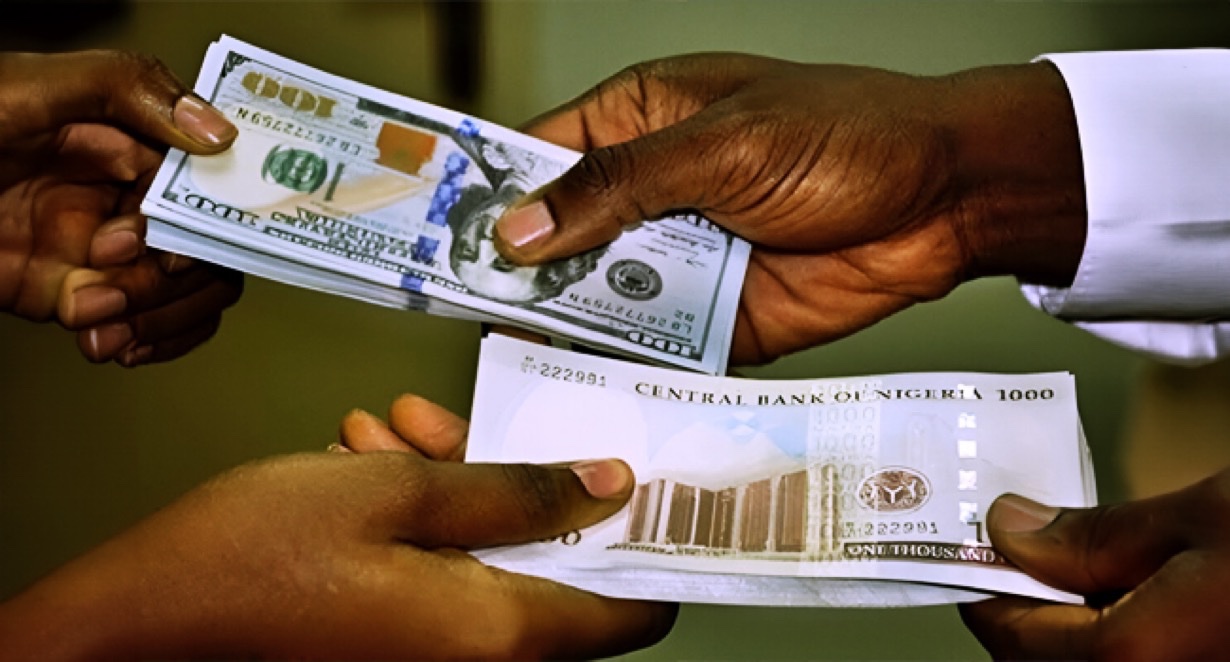CBN Waives 2025 Licence Renewal Fees For Bureaux de Change.
The Central Bank of Nigeria (CBN) has declared a waiver on the annual licence renewal fee for existing bureaux de change (BDCs). This significant policy shift, part of the 2024 guidelines, aims to ease the financial burden on operators amidst ongoing economic adjustments.
The CBN’s announcement, which came as a surprise to many in the sector, promises to alleviate immediate cash flow concerns for BDCs. “This decision is seen as a supportive gesture by the CBN to ensure a smoother transition for BDCs under the new regulatory structure,” a senior official from the bank commented.

Furthermore, the bank has proactively addressed the issue of fairness by allowing those who have already paid for the 2025 licence renewal to apply for refunds. “We acknowledge that some operators might have already made payments, and it’s only fair that they are reimbursed,” the official added. This retroactive policy adjustment underscores the CBN’s commitment to equitable treatment within the sector.
The news has been met with widespread relief among BDC operators, with many expressing optimism about the decision’s potential to positively impact their operations. “This will definitely help us to redirect resources towards improving our services,” said Adeola Ogunbiyi, a BDC manager in Lagos.
Discussions on platforms and among financial sector stakeholders reflect a general sense of positivity. However, there’s also an undercurrent of urgency regarding other regulatory demands. Several posts on X (formerly Twitter) highlighted BDCs’ efforts to meet the recapitalisation requirements, suggesting that while the fee waiver is beneficial, operators are simultaneously navigating broader financial restructuring or compliance efforts mandated by the CBN.
“The waiver is a good start, but the real challenge is the recapitalisation. We need to ensure we’re not just compliant but also competitive in this new landscape,” another operator, who wished to remain anonymous, told our correspondent.
This move by the CBN could be seen as part of a larger strategy to stabilise and perhaps revitalise a sector that has been pivotal in Nigeria’s foreign exchange market. With the forex market facing its share of volatility, supporting BDCs might be a step towards achieving more liquidity and stability.
As BDCs adapt to these changes, the financial community will be watching closely to see how this policy, alongside other regulatory adjustments, shapes the future of currency trading in Nigeria.


